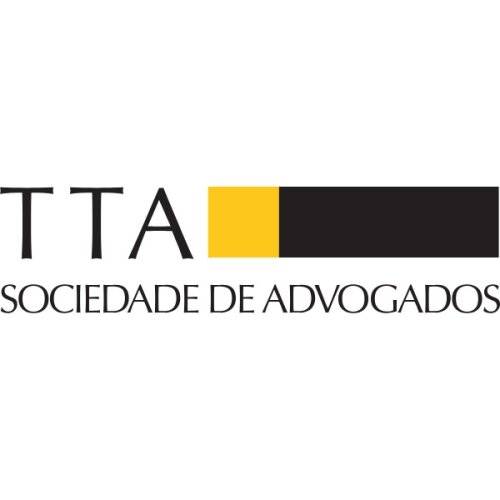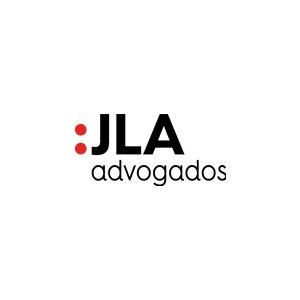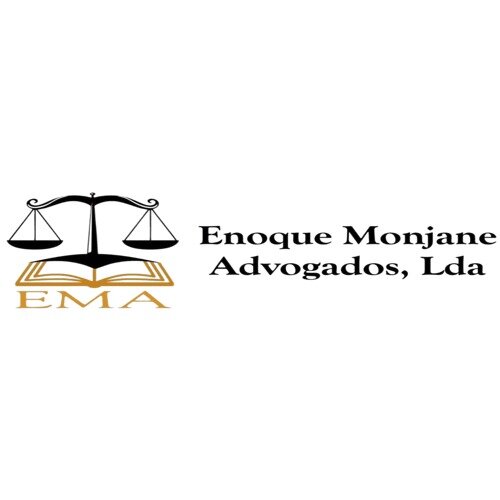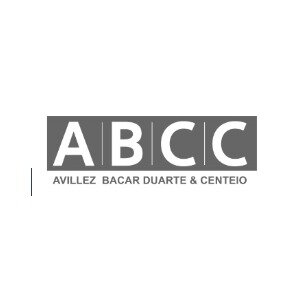Best Energy Regulatory Law Lawyers in Mozambique
Share your needs with us, get contacted by law firms.
Free. Takes 2 min.
Or refine your search by selecting a city:
List of the best lawyers in Mozambique
About Energy Regulatory Law in Mozambique
Energy Regulatory Law in Mozambique encompasses the legal and regulatory frameworks that govern the production, distribution, transmission, and supply of energy resources within the country. This area of law has gained significant importance due to Mozambique's vast energy potential, including natural gas, coal, hydropower, and renewable energy sources. Regulatory oversight seeks to ensure fair competition, protect consumers, promote sustainable development, and align with internationally recognized environmental standards.
Why You May Need a Lawyer
There are several scenarios in which legal guidance within Energy Regulatory Law might be crucial in Mozambique:
- Planning to invest or operate in the energy sector
- Seeking licenses or permits for energy projects
- Facing disputes concerning energy tariffs or contracts
- Complying with environmental and safety regulations
- Addressing land use and community engagements issues
- Interpreting complex statutory requirements and regulatory decisions
- Negotiating Power Purchase Agreements (PPAs) with public authorities
- Handling cross-border energy transactions
- Ensuring compliance with local and international energy standards
- Protecting intellectual property related to energy technologies
Having a lawyer specialized in this field helps businesses, investors, and communities navigate Mozambique’s unique legal landscape, avoid pitfalls, and resolve disputes efficiently.
Local Laws Overview
Energy Regulatory Law in Mozambique is shaped by several statutes and regulations. The most significant include the Electricity Law (Law No. 21/97), the Petroleum Law (Law No. 21/2014), and various decrees and regulations managed by the Energy Regulatory Authority (Autoridade Reguladora de Energia - ARENE).
Key aspects of Mozambique’s energy regulatory framework:
- Licensing and Permits: Any company or individual wishing to engage in electricity generation, transmission, distribution, or retailing must obtain appropriate licenses from ARENE.
- Tariff Regulation: Energy tariffs are subject to regulatory approval and must reflect both cost recovery and affordability considerations.
- Foreign Investment: Mozambique encourages foreign investment in energy but has local content requirements and approval procedures.
- Environmental Compliance: Projects must comply with the Environmental Law (Law No. 20/97) and secure environmental impact approvals as a prerequisite.
- Dispute Resolution: ARENE serves as a primary authority for resolving sector-specific disputes, but some matters may be escalated to Mozambican courts.
- Community Impacts: Laws require consultation and sometimes compensation or benefit-sharing with local communities impacted by energy projects.
These laws are intended to ensure a balance between development, fairness, sustainability, and the interests of investors and local communities.
Frequently Asked Questions
What is the main regulatory authority for energy in Mozambique?
The main regulatory authority is Autoridade Reguladora de Energia (ARENE), responsible for regulating the electricity and gas sectors in Mozambique.
Do I need a license to generate renewable energy for personal use?
Small-scale self-generation for personal use does not always require a formal license but may need notification to local authorities or adherence to safety standards. Larger or commercial-scale projects generally require a license from ARENE.
How are energy tariffs determined in Mozambique?
Tariffs are proposed by energy operators but are subject to approval by ARENE based on set methodologies that consider operational costs, investments, and affordability for consumers.
Can foreign companies invest in Mozambique's energy sector?
Yes, foreign investment is permitted and encouraged in the energy sector. Investors must comply with local laws, licensing requirements, and may need to demonstrate local content participation.
What environmental laws apply to energy projects?
Mozambique’s Environmental Law requires an environmental impact assessment (EIA) for most energy projects. Approval must be obtained from the Ministry of Land and Environment before commencing operations.
What happens if there is a dispute with a state-owned utility?
Disputes are usually handled first through ARENE’s dispute resolution mechanisms. If unresolved, the matter can be taken to Mozambican courts as provided by law.
Are there special legal requirements for off-grid energy projects?
Yes, off-grid projects require specific permits that differ from grid-connected projects. The regulatory framework aims to support rural electrification alongside compliance.
What incentives exist for renewable energy development?
Mozambique offers incentives such as tax breaks, customs exemptions, and expedited licensing for renewable energy ventures, especially those that increase access to electricity in underserved areas.
Can energy projects affect land rights or community interests?
Yes, energy projects may impact local land rights and communities. Legal provisions mandate consultation, compensation, or benefit-sharing with affected communities where applicable.
How long does it take to obtain energy project approvals in Mozambique?
Approval times vary depending on the project size and complexity but can take several months, especially where environmental and community consultations are required.
Additional Resources
- Autoridade Reguladora de Energia (ARENE): Mozambique’s main energy regulatory authority providing guidance and oversight for energy sector participants.
- Ministry of Mineral Resources and Energy: The government body responsible for policy, planning, and development of mineral and energy resources in Mozambique.
- Ministry of Land and Environment: Responsible for environmental approvals and enforcement related to energy projects.
- Investment Promotion Centre (CPI): Supports foreign investors in navigating legal requirements for investing in the energy sector.
- Local Law Firms and Legal Practitioners: Offer specialized advice and support in navigating complex regulatory processes.
- Industry Associations: Such as the Mozambique Renewable Energy Association, for industry-specific insight and updates.
Next Steps
If you need legal assistance in the field of Energy Regulatory Law in Mozambique, follow these steps:
- Clearly define your objectives and the scope of your energy-related project or concern.
- Gather all relevant documentation and information, including project plans, permits, and correspondence with authorities.
- Contact a lawyer or legal practice with proven expertise in Mozambican energy laws and regulations.
- Prepare to discuss your case, ask about their experience with similar matters, and seek an initial consultation to evaluate your options.
- Stay informed about regulatory changes and new guidelines from official bodies like ARENE or the Ministry of Mineral Resources and Energy.
- Regularly review compliance with both legal and environmental requirements to anticipate and address issues proactively.
By seeking early and informed legal advice, you can minimize risks, ensure regulatory compliance, and maximize the chances of a successful outcome for your energy project or concern in Mozambique.
Lawzana helps you find the best lawyers and law firms in Mozambique through a curated and pre-screened list of qualified legal professionals. Our platform offers rankings and detailed profiles of attorneys and law firms, allowing you to compare based on practice areas, including Energy Regulatory Law, experience, and client feedback.
Each profile includes a description of the firm's areas of practice, client reviews, team members and partners, year of establishment, spoken languages, office locations, contact information, social media presence, and any published articles or resources. Most firms on our platform speak English and are experienced in both local and international legal matters.
Get a quote from top-rated law firms in Mozambique — quickly, securely, and without unnecessary hassle.
Disclaimer:
The information provided on this page is for general informational purposes only and does not constitute legal advice. While we strive to ensure the accuracy and relevance of the content, legal information may change over time, and interpretations of the law can vary. You should always consult with a qualified legal professional for advice specific to your situation.
We disclaim all liability for actions taken or not taken based on the content of this page. If you believe any information is incorrect or outdated, please contact us, and we will review and update it where appropriate.
Browse energy regulatory law law firms by city in Mozambique
Refine your search by selecting a city.
















